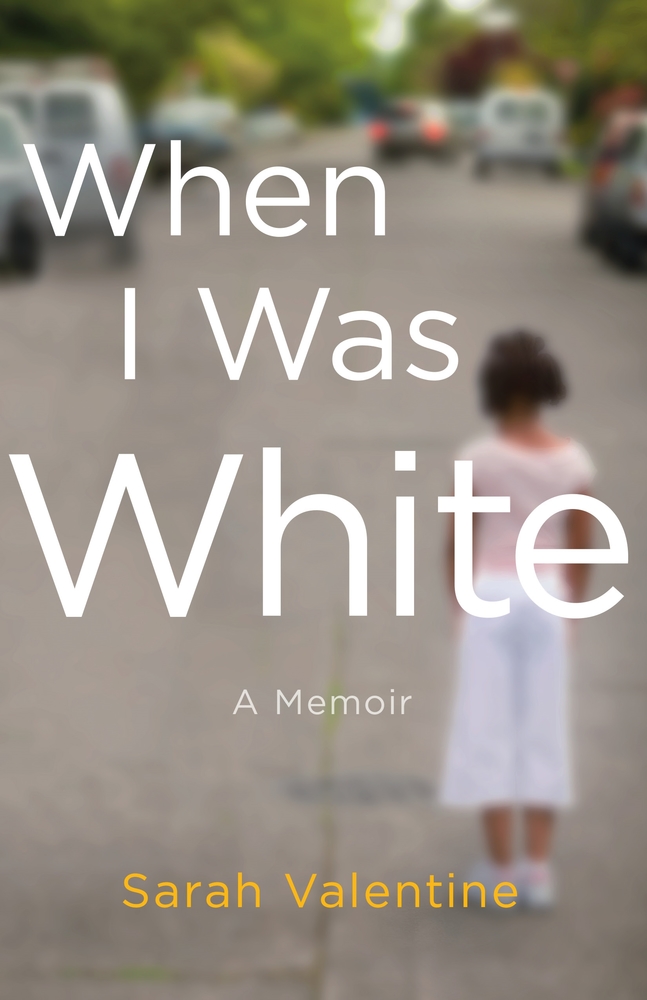La nueva tocaya
Chiricú Journal: Latina/o Literatures, Arts, and Cultures
Volume 3, Number 2, Spring 2019 (Intersecting Latinx Lives: The Politics of Race)
pages 147-150
DOI: 10.2979/chiricu.3.2.14
Jessie D. Turner, Social Justice Educator, Academic and Creative Writer, Program Manager
Goleta, California

We were parked in their northwestern Vermont gravel driveway, on our way somewhere, but not yet gone. The autumn leaves glowed the color of cardinals and marigolds and honeycomb and mud, colors common to many seasons; it’s the mosaic, rather than any uniqueness in the colors themselves, that invites worship, each dying leaf fitted one against the next. My stepmother looked at my father as he turned from the front seat, looked at me, and admitted, “Becky thinks it’s important that you know . . .” My stepmother knew my love of and skill at Spanish, which I was taking in high school. She knew how much I missed the southern Arizona desert, where I lived twice as a child with my mother. Adding this knowledge together, she knew that I might value knowing that my paternal grandfather was Mexican. I had never heard of this grandfather before, never even wondered if I had one; why would I, when having moved back to Vermont just three years earlier, I was still grappling to intersect with my father?
After that month’s weekend visit with him and my stepmother, I took the return bus two hours southeast to where I lived with my mother in the Upper Valley. On Monday, I showed a slightly yellowed newspaper clipping to my art teachers, Pete and Elizabeth. We stood between their desks, gray metal veiled by gray camera equipment cabinets, and the printing press that hulked beneath the half-windowed whitewashed wall. My aunt—my dad’s half-sister and unrelated to my grandfather—had inherited that yellowed clipping and another half photograph from my grandmother. My aunt had excavated them from her farmhouse bedroom closet after they’d been in my family forty-five years. She had passed them on to me. “Look! This article mentions my dad’s father, who was a Golden Gloves boxer in the 50s!” I enthused. As I shared the photo, I stared into this heavily secreted face, this face now reborn. This face, this face, it belonged to a father who mine had never seen. As such, this new paper ancestor’s boxing face may have settled into my consciousness, but his race dissolved completely beyond it. That he was Mexican remained absolutely external to me. I was sixteen.
The balcony of my first apartment at age twenty-four reached deep enough for exactly one folding chair, which I angled toward the southeast for a clear view of the US-Mexico border. Each weekend morning I sat out there sipping chamomile tea, learning palm-frond melodies, and looking for hints of movement. I looked past the opera house and wide basin of parallel train tracks. Past the stores lining South El Paso Ave., the ones offering cheap shoes, bra and panty sets, and household items to those privileged enough to cross north for the day. Past layers and layers and layers of chain-link fencing and razor wire and video cameras. Past the Rio Bravo tamed into an empty cement wash. At 9 AM the line of cars waiting to cross into the US still stood relatively short; by noon it would triple. From my perch four blocks north of this international border crossing, the cars looked like Hot Wheels sliding effortlessly along a predetermined track: Juárez–El Paso, Juárez–El Paso.
On a Saturday afternoon in late January, I flowed through the city’s arteries and veins. I wound past the art museum where I had seen Cheech Marin’s Chicano Visions exhibit, past the ongoing restoration of the Plaza Theater. I wound past San Jacinto Plaza, lined with people waiting for city buses that themselves stood waiting for their timetables. Past El Segundo Barrio murals honoring La Virgen and Iztaccíhuatl and Popocatépetl, past corner stores selling international phone cards and Bimbo brand bread, past brown children squealing joy at a tiny puppy. At the Armijo Branch Library, southeast of my apartment and barely a breath’s sweep from la linea I found my weekly writing group waiting. That day I would share a recent reflection, short in length but nothing short of a revelation:..
Read the entire article here.









